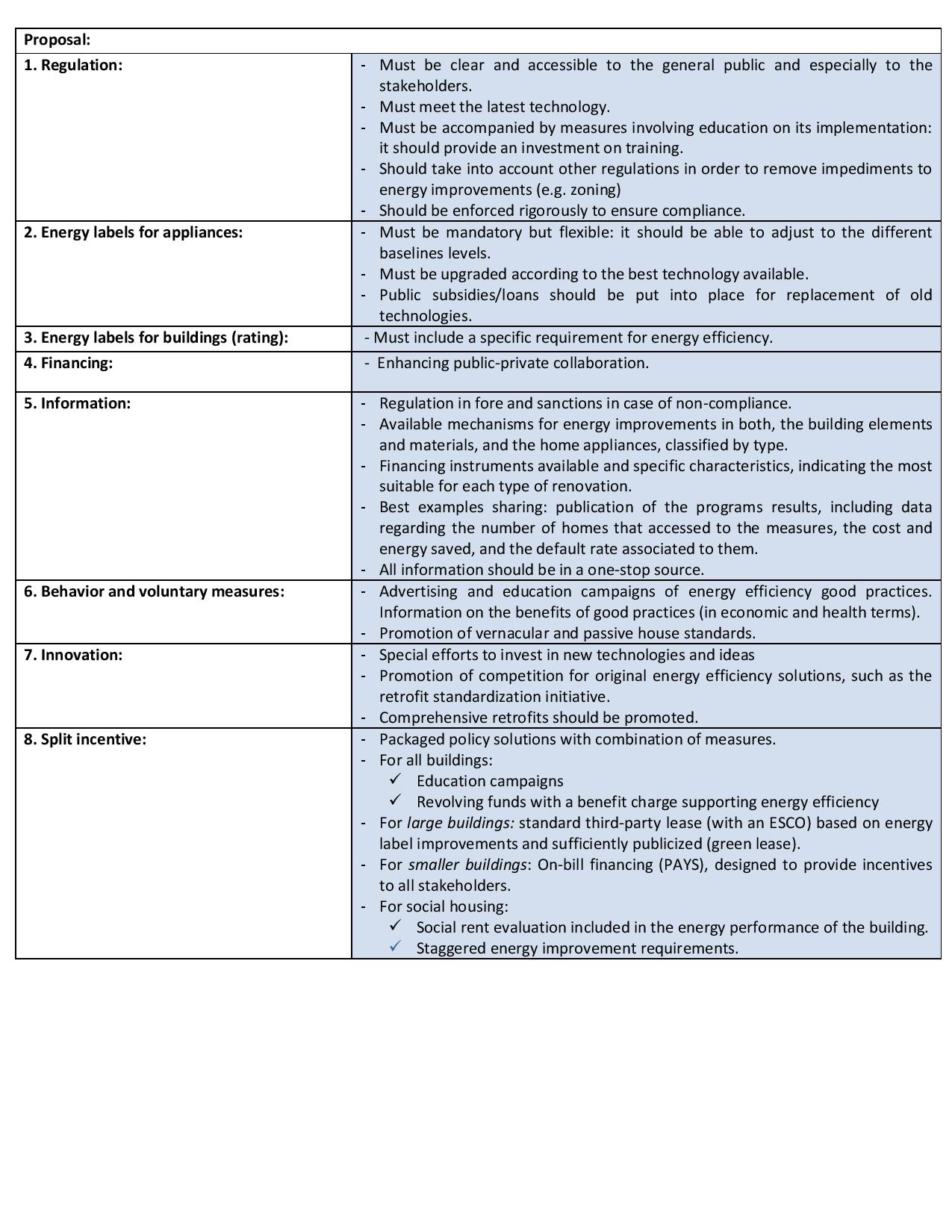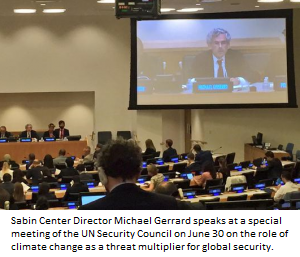By Susan Biniaz*
International environmental law covers a wide range of subjects, is extremely detailed, and evolves very rapidly. No wonder it is challenging for practitioners to keep up with developments. An expert in marine pollution regimes may be unaware of the latest initiatives on forest conservation. Given how hyper-specialized the climate world has become, an expert on mitigation may be only mildly aware of recent advances in adaptation. And neither may be in a position to keep up with innovations in international law more broadly.
Deep knowledge has its advantages, but also some drawbacks. When we are faced with the need to address a new or emerging issue, our set of tools may be limited by our narrow specialties; we reach for solutions that are familiar but not necessarily the most effective. Moreover, when we do come up with an interesting solution to address a specific problem, it tends to remain hidden from those dealing with other problems – even if it might be useful to them.
Thinking about this situation, I have been wondering why we don’t flip things around. Rather than start with a particular environmental challenge (say, what kind of international instrument should be developed to tackle marine plastics), we could start with solutions that have been used to address other international problems and ask whether there are environmental problems such solutions might be effective in addressing.
“Idea arbitrage” is not an original thought. Rather, I came across it several years ago in Why Not?, a provocative book by Yale professors Barry Nalebuff and Ian Ayres. There the topic was economics, and the authors were encouraging entrepreneurs to work backwards, i.e., to look at an existing solution to one problem and see if it might apply to a different problem. (I think about the concept every time I go through a tollbooth, one of the book’s examples of a solution — self-regulation — that might apply elsewhere.)
Application of “idea arbitrage” to international environmental problems could be a useful project, one that practitioners and other experts might combine forces on, perhaps in conjunction with the upcoming 50thanniversary of the original Stockholm Conference.
During my time as a State Department lawyer, I had the opportunity to assist policymakers in developing approaches to a wide range of international issues. To get the ball rolling, this paper draws on two such approaches, one an international agreement from the environmental area (the Paris Agreement on climate change), the other an international arrangement from a completely different field (the Contact Group on Somali Piracy). The hope is that they might offer transferable problem-solving techniques for those grappling with various environmental challenges.
Read the full working paper here.
*Susan Biniaz is a former Deputy Legal Adviser at the U.S. Department of State. She was the lead climate lawyer, and a negotiator, from 1989 until early 2017. Since leaving the Government, she has been teaching at Yale Law School and the Yale Jackson Institute for Global Affairs. She has also been a David Sive Visiting Scholar at the Sabin Center for Climate Change Law.
Tiffany is the Communications Associate at the Sabin Center for Climate Change Law.




